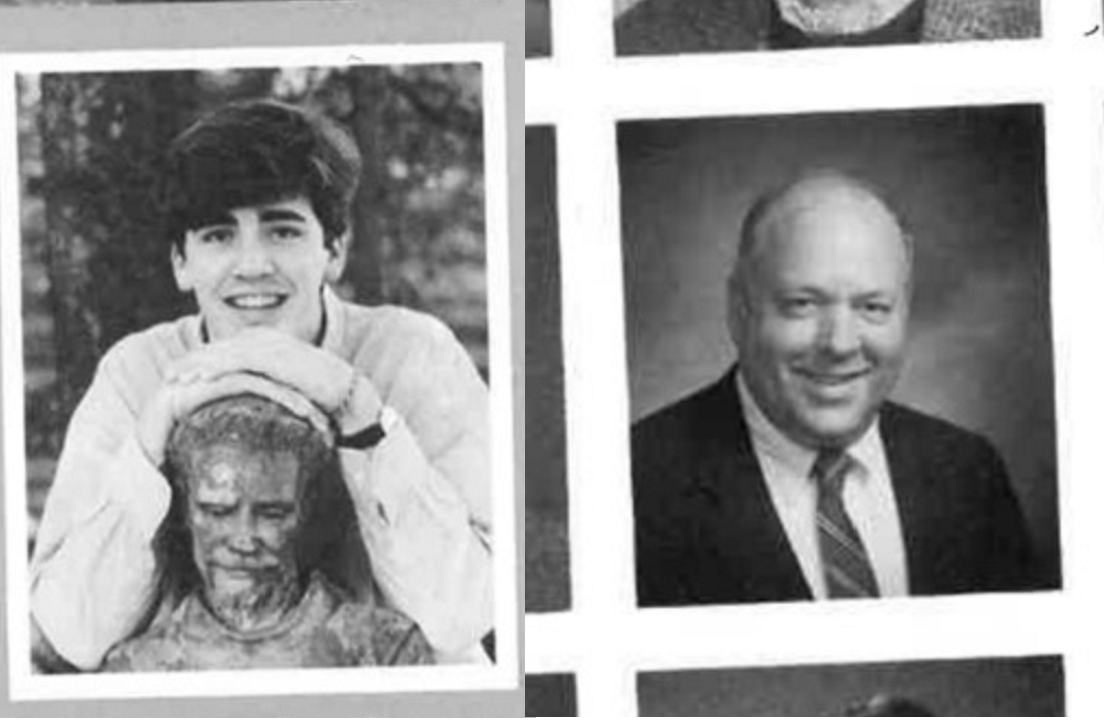by Mairead Poulin ’13
“There’s very little that can bring a girl psychologically to her knees like a lost or a threatened relationship.” – Rachel Simmons
It’s not unusual for our weekly morning assemblies to be broken down into smaller groups to present more individualized message. I’ve been through freshmen-only team-building exercises, attended the highly anticipated junior year college kick-off talk, and am now part of the lucky group to be reminded not to lose focus as graduation approaches (T-40 days).
But what we haven’t done in recent Williston history is split the morning assembly by gender. Not until last Friday have I ever had the experience of sitting in a room with the entire female Williston community, listening to a speech meant only for us. While the boys went to the theater, we took to the chapel to hear Rachel Simmons, author of books like Odd Girl Out: The Hidden Culture of Aggression in Girls, discuss bullying.
I know, I know. We’ve all talked about bullying. We’ve talked about it ad nauseum, especially those of us (most of us) who, like me, have been on the receiving end of a bullying situation. And so I, like most everyone in the chapel, expected an hour of “Bullying is bad. Don’t do it. Get to class.”
But Rachel’s talk wasn’t focused on your regular bullying situations. She spoke about how girls specifically treat each other, but focused on the more subtle issues that come out of friendships: the things we do and say that we might not classify as your traditional bullying, or as hurtful to our relationships. Things like justifying our hurtful jokes with “just kidding!” or thinking we don’t need to articulate why we’re feeling what we are because our friends either won’t accept what we feel is an issue or just automatically know. You know . . . things we’re all guilty of.
But what I loved about Rachel’s talk – and what stood out to me as different from others – was that she didn’t point fingers. She didn’t make accusations. She got down on our level, and “spoke teenager” to simply said, “Look. We all subtweet, and we all have trouble explaining why we’re angry with our friends, or articulating what we need to make things right. But if we can practice expressing ourselves in more positive ways, little by little, we can make our friendships stronger, and cut down on all the drama.” And then she taught us how.
I walked away from Rachel’s talk reevaluating my friendships. I’ve never been a bully; I rarely stand up for myself on anything, honestly. But have I made a cryptic status update in a heat of anger? Have I ignored a friend and waited for an apology for a gregarious error without asking for one? Absolutely. I can’t name a girl who hasn’t.
I won’t get on my soapbox and call for a revolution. But I will think before I speak, because I know what it’s like to feel excluded and hurt, whether it be the result of intention, accident, or miscommunication. I’ve made some incredible friendships here that I want to keep for the rest of my life. But really, no friendship is worth losing over a misdirected comment; life is dramatic enough without girl fights.









tp • Apr 16, 2013 at 6:19 AM
Sage words which all should live by. Thank you for sharing so honestly. You are the friend everyone should be lucky enough to have.